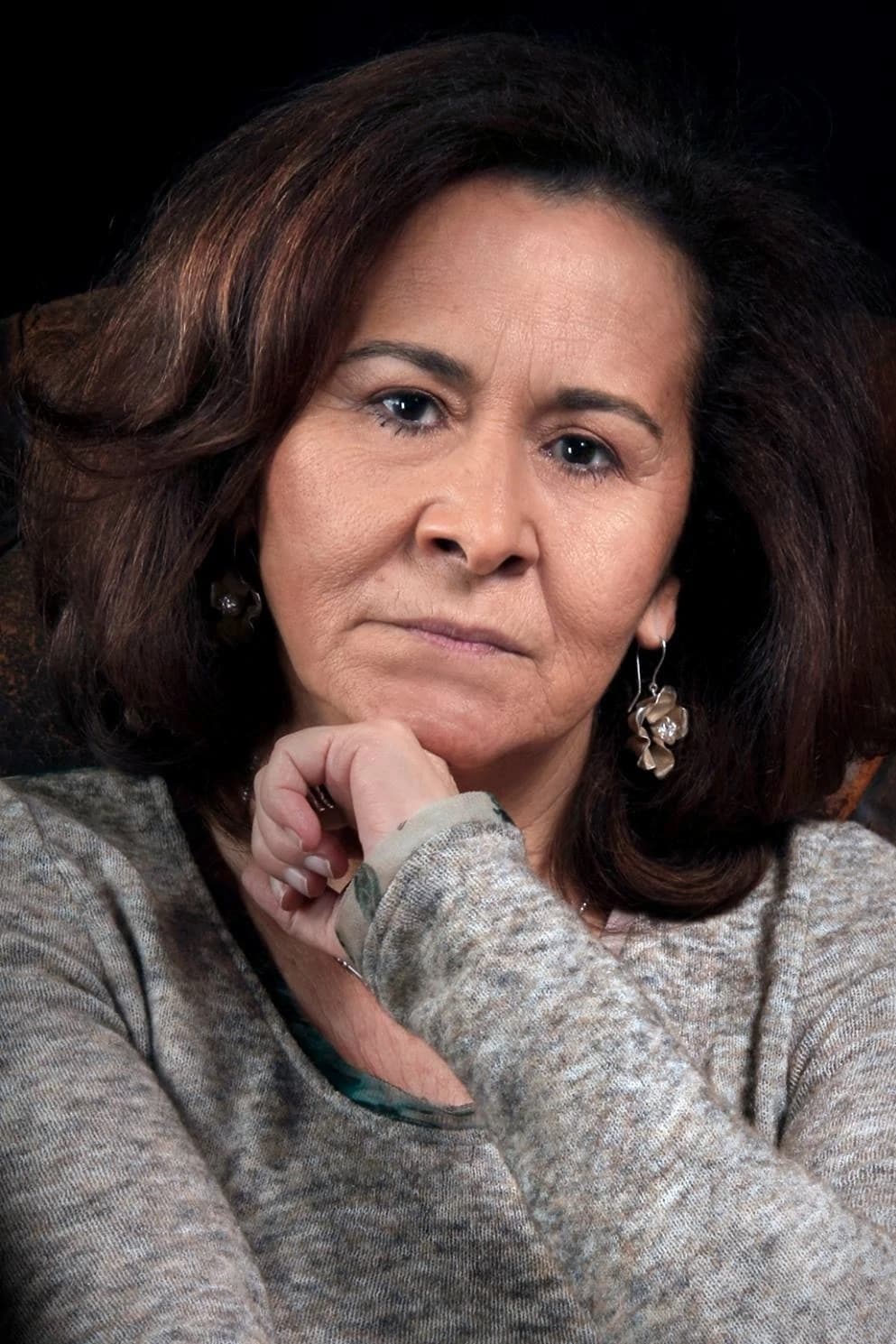


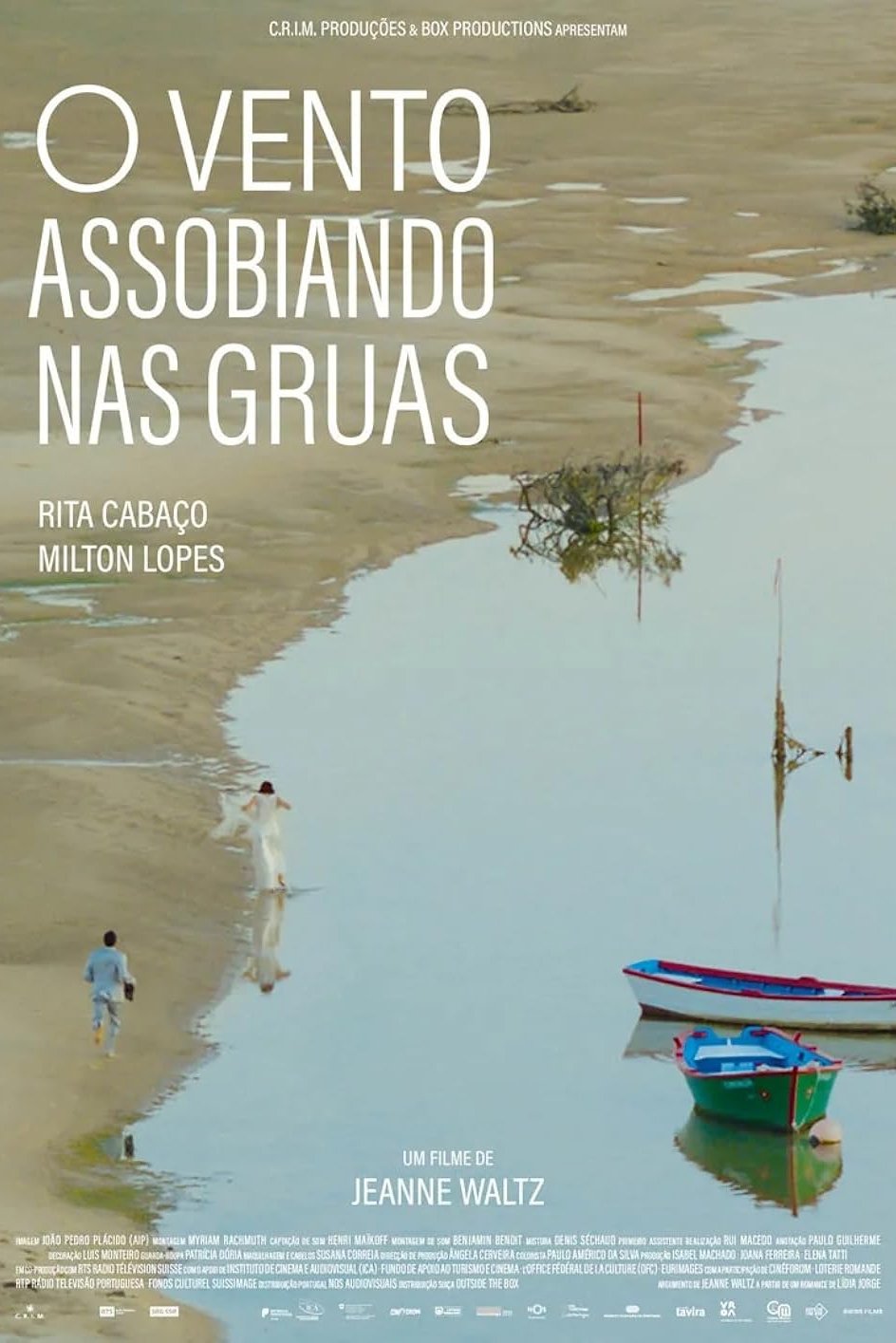
Algarve, late 90s. Following the death of her grandmother, Milene - a strong young woman full of life despite a slight mental handicap - divides her life between her family of notables and a Cape Verdean family that keeps her going, whom she met when her grandmother died. The wind that whistles in the cranes plunges us into the world of two families against the backdrop of Portugal's recent past.
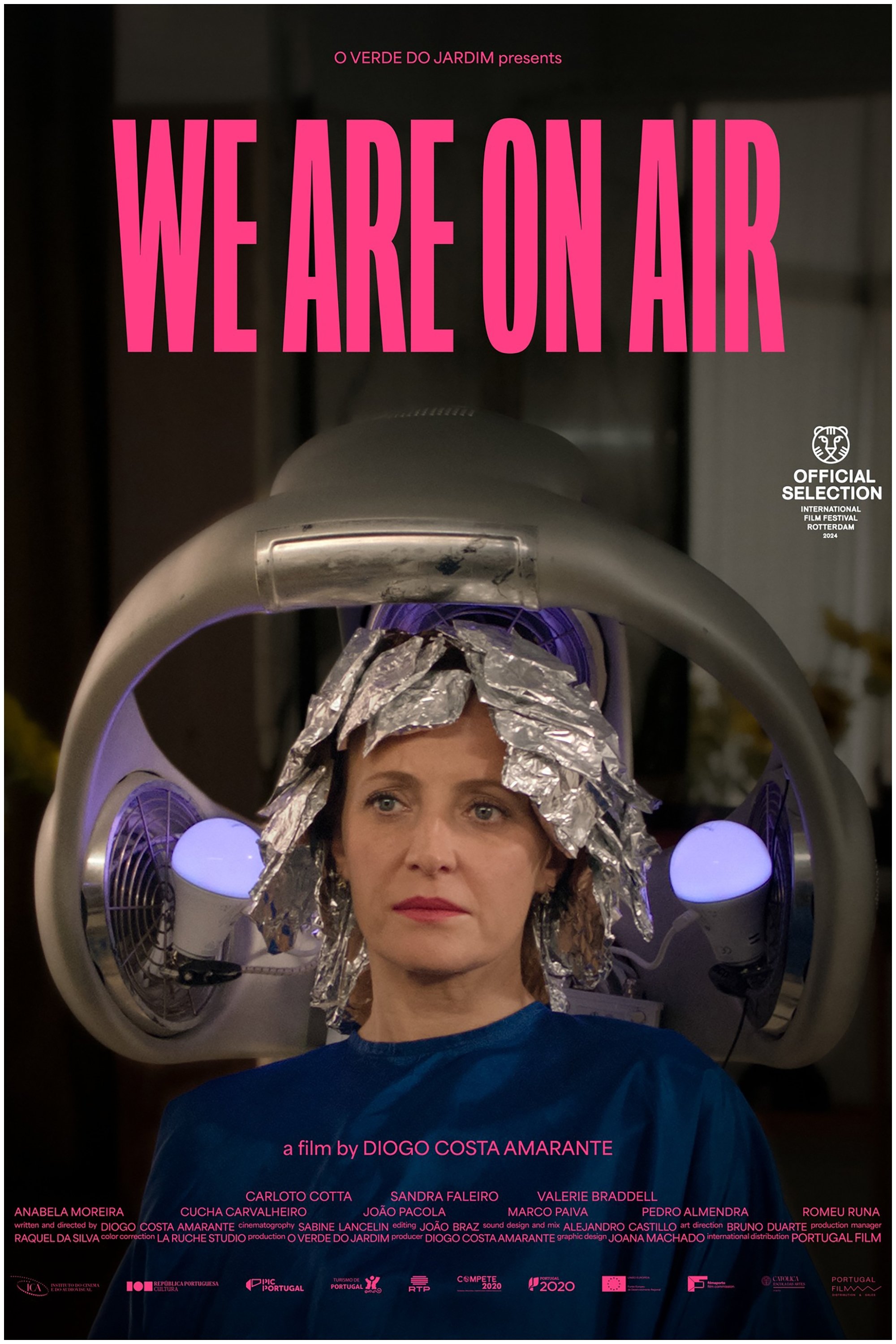
Thirty-something Vítor still lives with his mother, Fátima, in his grandmother Júlia’s apartment. Fátima is a hairdresser with a quiet disposition who, at night, fantasises about the policeman who has just moved in next door. By day, Vítor is a lowly employee on a TV show. But at night, he dons his neighbour’s uniform to win the favour and satisfy the desires of a boy he’s met online. In her retirement home, Júlia is unable to sleep at night and has long forgotten what drugs she is meant to be taking. She misses her dead husband, who manifests himself in the body of a living friend, and gets involved in her daily activities. Through these characters, Diogo Costa Amarante constructs a fascinating portrait of lives lived while desires remain unrealised.

It is 1979. Four young ladies are hired to form a girl band. They can sing, they shine with their dancing, and they shock the country. They become a big hit. They are DOCE.
A Widow who records her dreams is unable to sleep until her husband returns home.


The hypochondriac Sebastião and his not so normal family must save the country from the prime minister's plan of selling the country to China, Germany, France and Angola, and show that Portugal is not for sale.
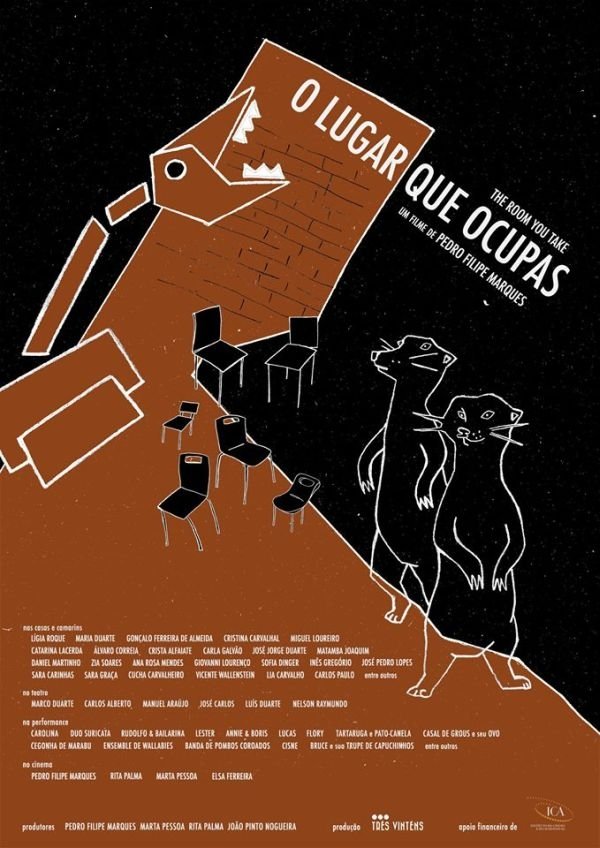
We stare at mirrors as if 'image' was a weapon of self-defense. At night, I hide in actors' dressing rooms for a working class experience. By day, I face an old theatre being razed to the ground, making way for a parking lot. Graffitis have curtains, the nose cap of an umbrella arises from a mount of sand. Oh, Happy Days! No need to stage anything! The bulldozer is a dinosaur whose teeth and gracious neck swings by a EU flag. In the boxes, we await the audience. Sometimes, nobody comes. Lost in a symbolic show of reality, I can only watch the world's end because all the endangered species perform and a reflecting labyrinth of life stories breaks through the glass of the Economic Eating Machine. Even when the sky is falling, theatre will always happen. So, choose the right place.
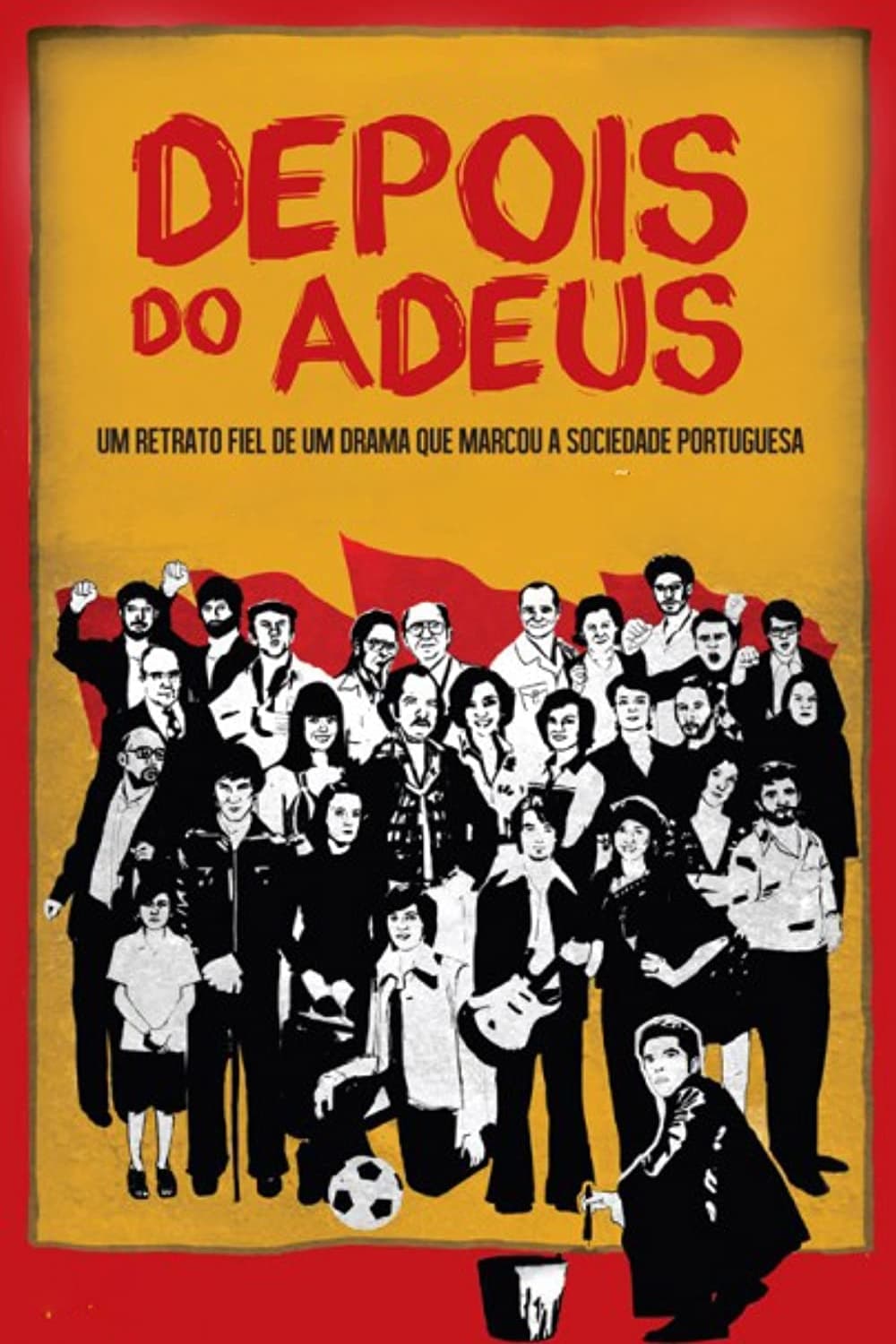
Álvaro and Maria do Carmo lived happily in Angola. He was a successful businessman and she was a mild mannered housewife. They have two children together, Ana and João, who were studying and living their teenage years in Luanda... Until the day the civil war broke out and everything fell apart. Amidst declarations of independence, a wave of violence breaks out and the established peace and order fades away. In July, 1975, the Mendonça family, along with over five hundred thousand people, leave their belongings behind and embark on an air convoy that would become the biggest exodus in the history of the Portuguese people to a homeland that most only knew from photos and dubbed it Metropolis. In Lisbon, Joaquim and Natália, Álvaro’s brother-in-law and sister, take the Mendonça family in their small apartment, where they will try to get their lives back in order. However, over that hot summer of 1975, the integration seemed to be far from easy.
By browsing this website, you accept our cookies policy.